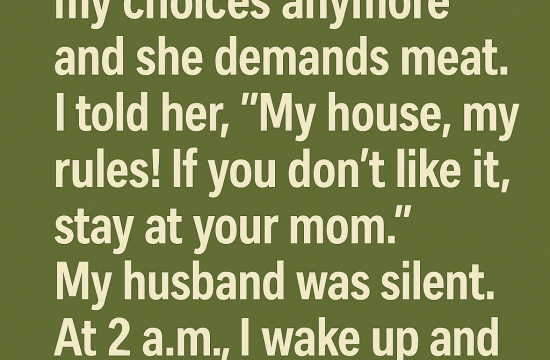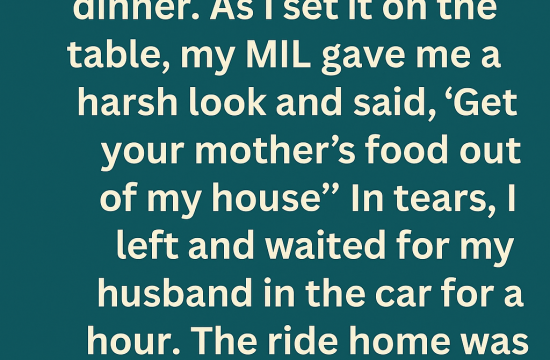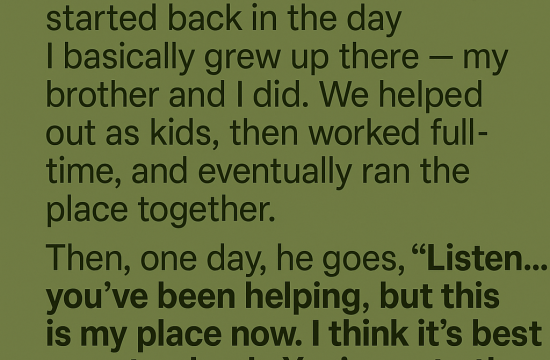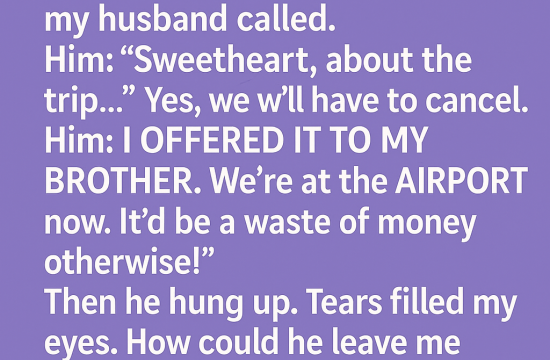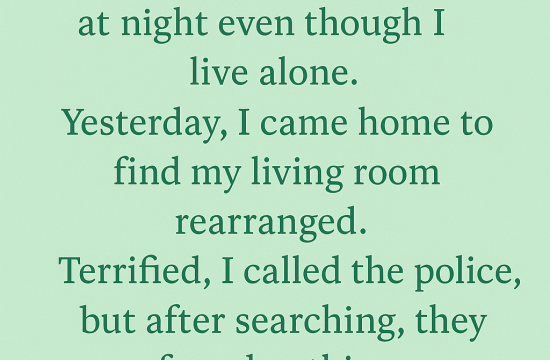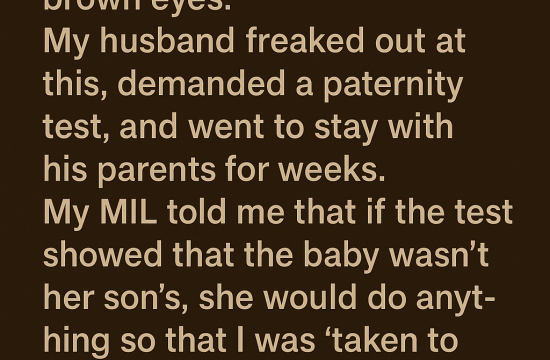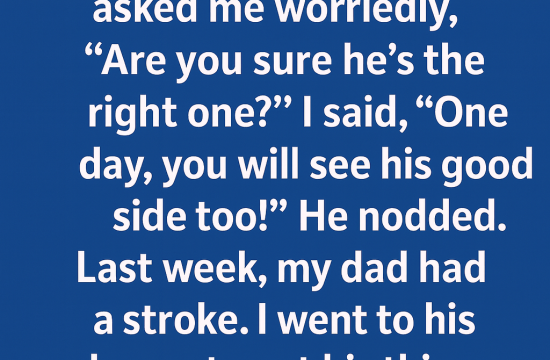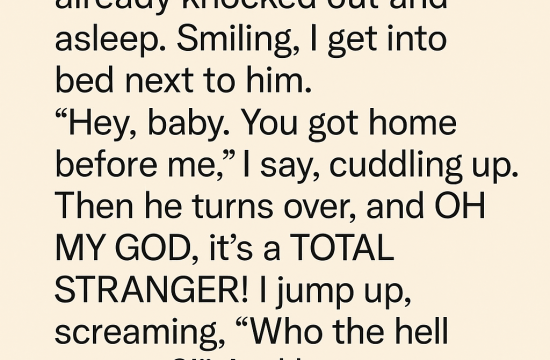It happened on an ordinary afternoon at the mall. I was browsing, sipping on a lukewarm coffee, lost in the buzz of shoppers, when a strange unease crept in. I sensed someone trailing too closely behind me—matching my steps, hovering just enough to make my skin crawl. I glanced over my shoulder, and sure enough, a man in a worn hoodie was shadowing me.
I ducked into the restroom, hoping to lose him—but as I stepped inside, so did he.
Panic surged. I remembered something I’d once read: If you’re afraid, make eye contact. Show strength.
So, with trembling hands, I turned around and looked straight into his eyes.
He froze.
“I… I lost my wallet,” he mumbled, avoiding my gaze. But his hands were empty. No urgency, no searching—just guilt in his posture.
Before I could respond, the bathroom door swung open again. A janitor entered, pushing his cart. The man bolted—gone before I could even react.
Later that day, while buying a pretzel at a kiosk, the worker leaned in and whispered, “You’re lucky. That guy’s been hanging around for weeks—security can’t catch him. He gives everyone the creeps.”
Something inside me twisted. Fear had nearly consumed me—but now it was tangled with curiosity, and a strange, aching sympathy.
I approached mall security and shared what happened. A few days later, they reviewed surveillance and found him. His name was Adrian. Recently homeless. A father. Jobless. Desperate. Not dangerous—just broken.
The incident haunted me, but not in the way I expected. It didn’t just leave me shaken. It left me woken.
With the mall’s support and help from a local shelter, I organized a donation drive. Winter coats, shoes, food. Flyers. Word spread. People showed up.
And one day, so did Adrian.
He checked in. Got counseling. Started showing up clean. Quiet. Hopeful.
Eventually, we met again—awkward but necessary. He apologized. I forgave him. We sat in a food court that smelled of pizza and coffee and shame and redemption. He told me about his daughter, his job search, his regrets. I listened.
That day, a line was drawn between fear and understanding. And I crossed it.
I started volunteering weekly. Helping serve meals. Collecting clothing. Writing grant requests. My weekends filled up with purpose I didn’t know I needed.
Adrian found a job at a warehouse. He’d nod at me when we crossed paths. The janitor who’d unknowingly intervened joined our efforts, too. Soon, we had a rotating team of volunteers. The mall became more than a shopping center—it became a hub of hope.
One year later, I stood on a makeshift stage at our annual donation drive. Adrian stood near the back. The janitor leaned against a column, arms folded, watching quietly.
I cleared my throat and spoke:
“Courage isn’t just facing fear—it’s choosing compassion when fear screams louder. One terrifying moment changed me. It changed us. Because when kindness is shared, it doesn’t just heal a wound—it ripples out, and changes a community.”
The crowd clapped. Some wiped away tears. And I realized then: what began as fear had bloomed into something far stronger.
That one awful afternoon didn’t define me. It connected me to something bigger than myself.
Kindness, when chosen deliberately, doesn’t just change lives—it can rebuild them.




